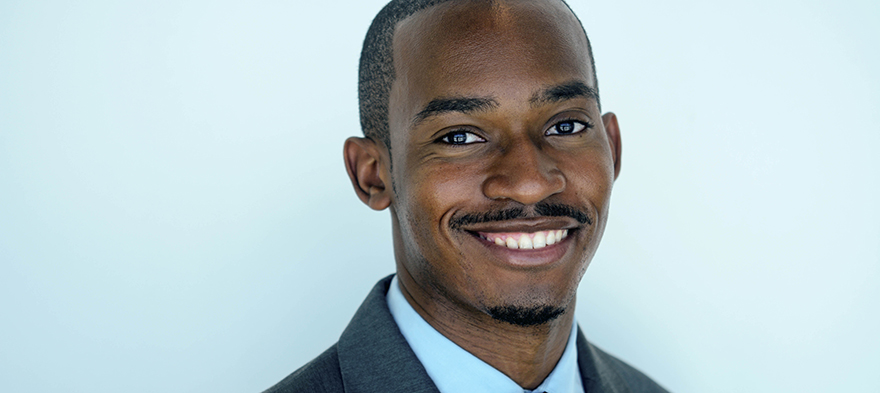
Jul 18, 2018 12:00:00 AM
Victor A. Kwansa is an attorney, education advocate, poet and essayist from Prince George’s County, Maryland. He received a B.A. in political science from Yale University in 2008, and he graduated from Harvard Law School in 2011. His essays have been featured in The Huffington Post, Blavity, and a Yale booklet for incoming freshmen. His poetry has been featured in Essence magazine, CURA: A Literary Magazine of Art and Action, and Yale’s student publication, Sphere. In 2010, he was featured in The Root’s gallery of up-and-coming artists and entrepreneurs. He has spoken and/or performed at universities, K-12 schools, and community centers. Victor’s website features his poetry and essays about social justice and Black historical figures.
Few issues in education spark more tension and debate than standardized testing. Are they a tool for equity or a burden on students? A necessary check on school systems or a flawed measure of...
Charter schools are public schools with a purpose. Operating independently from traditional school districts, they're tuition-free, open to all students, and publicly funded—but with more flexibility...
Despite the benefits of a diverse teaching force, prospective teachers of color fall out of our leaky preparation pipeline at every stage: preparation, hiring, induction, and retention. Here’s what...
Ed Post is the flagship website platform of brightbeam, a 501(c3) network of education activists and influencers demanding a better education and a brighter future for every child.
© 2020-2025 brightbeam. All rights reserved.
Leave a Comment